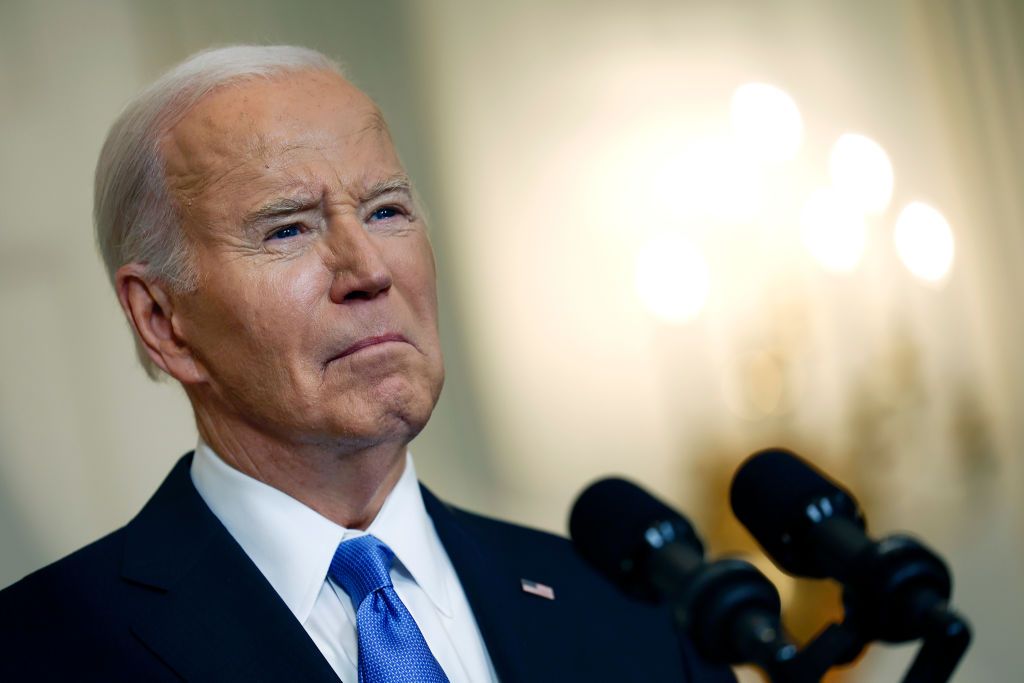As the U.S. presidential election approaches, President Joe Biden’s focus on supporting Ukraine is expected to diminish in his public displays, according to reports from Politico. After signing a $61 billion foreign aid bill, the Biden administration plans to shift the spotlight away from Ukraine’s fight against Russia and towards addressing economic issues. While democracy will continue to be a central theme of Biden’s campaign, there may be less of a public push to bolster support for Kyiv in the coming months. Democrats and supporters of transatlanticism believe that securing a second term for Biden is crucial to continue assisting Ukraine in its defense against Russia.
Despite the shift in focus, Biden will still have opportunities to address security matters during his campaign. He is expected to make statements on the war during events like the 80th anniversary of the D-Day invasion in France and the NATO summit in Washington. The U.S. president may draw parallels between historical events and the current situation in Ukraine to underscore the importance of continued support. Ukraine’s President Volodymyr Zelensky has expressed hope for continued collaboration with Washington, regardless of the outcome of the U.S. presidential election.
In another development, Microsoft has reported that a Russian disinformation campaign targeting the upcoming U.S. election has begun. The campaign aims to spread divisive content, including criticism of U.S. support for Ukraine. This highlights the ongoing efforts by foreign actors to manipulate public opinion and sow discord in American society. The report serves as a reminder of the importance of vigilance in combating disinformation and protecting the integrity of democratic processes.
As the election campaign intensifies, President Biden’s approach to foreign policy, including support for Ukraine, will likely continue to evolve. The administration’s efforts to balance domestic priorities with international commitments will shape the narrative surrounding key issues such as democracy, security, and economic stability. While the public focus on Ukraine may decrease in the short term, the broader goal of upholding transatlantic partnerships and promoting democratic values remains a cornerstone of U.S. foreign policy.
In conclusion, the upcoming U.S. presidential election presents a critical juncture for the Biden administration’s foreign policy agenda, particularly in relation to support for Ukraine. As campaign priorities shift and new challenges emerge, the commitment to defending democracy and countering foreign interference will remain paramount. The evolving dynamics of international relations underscore the importance of strategic alliances and a steadfast commitment to upholding democratic values in the face of external threats and internal divisions. By engaging with these complex geopolitical issues with vigilance and resolve, the U.S. can continue to play a vital role in shaping a more stable and secure world.


